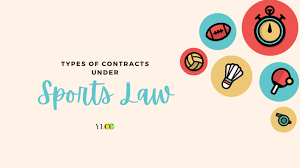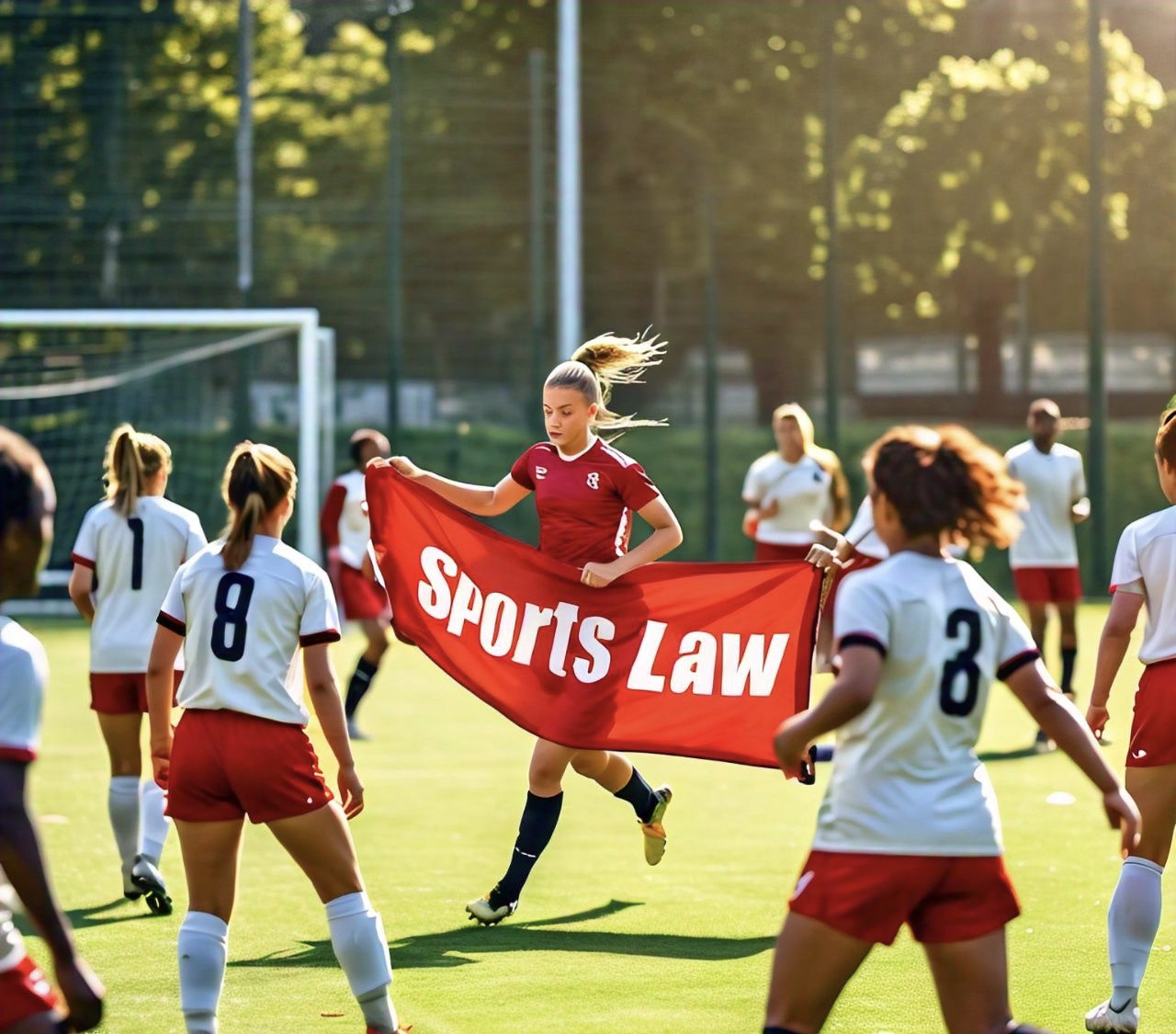
Introduction
Sports contracts serve an important role in guaranteeing openness and accountability of the provisions that regulate a professional athlete's services. However, while sports contracts are considered public, they also incorporate the personal financial and commercial interests of numerous stakeholders in the sports community. As a result, it is critical to understand and analyze the components that go into a sports contract, as well as the types of sports contracts that are most commonly entered into by different parties. This article shall elaborate on the forms of contracts governed by sports law.
Essentiality of a Sport Contract
Sport Contracts are mutually exclusive terms and conditions drawn into by the parties, similar to a standard contract. A sports contract binds two or more parties who entered into it. A standard sports contract normally specifies and establishes the rights and obligations of numerous contractual parties in the sports industry.
There are several necessary elements for entering into an agreement under sports law:
a) Agreement: For a contract to be valid under sports law, an offer must be made and accepted by the contracting party. If the offer is not accepted, it can either be refused or a counter offer can be made.
b) Competency of Parties: While it is common practice to enter into contracts between parties of majority age, in the sphere of contracts governed by sports law, minority presents a problematic issue because children participate in many sporting activities. However, the ensuing contract is ruled null and void, leaving the parties in the same condition as before.
c) Assent/Consent of Parties: The assent or consent of individuals concerned in an agreement should be certifiable and purposeful. This consent will not be certified as intentional in cases of error, double dealing, or excessive stress or coercion. The arrangement of the parties may be altered by the manner in which either of them committed an error, which is a slip-up by one party to the agreement. A error that is obscure to the following party usually does not alter the enforceability of the agreement.
d) Consideration is the sum or demand made in exchange for services provided by sportspeople or other parties involved in the contract. Consideration refers to something that the parties are entitled to in exchange for services/goods, etc. It might be interpreted as the amount paid for the services. Consideration in sports-related contracts does not have to be solely monetary compensation.
f) Legitimate Purpose: A contract must be made for a legitimate purpose that does not include an element of illegality. Sports contracts with illegal or public policy-infringing purposes are void. Sports-related issues can arise from void and illegal contracts.
Types Of Sport Contract
There exist several types of Sport Contract, namely:
1) Professional Service Contracts:
These contracts are made between athletes and sports clubs or entities and govern how athletes are inducted into sports organizations. In general, there is a boilerplate form, or a standardized form that uses formal language. The content of contracts with boilerplate clauses, such as Professional Service Contracts, can be reused without major alterations.
2) Endorsement Contracts:
Endorsement contracts are independent contracts that do not require a formal employee-employer connection. Such contracts define the sponsors' rights and obligations.
3) Appearance Contracts:
Under appearance contracts, players are compensated for their participation at events hosted by sports organizations, institutes, and businesses. It comprises player appearances at tournaments, competitions, camps, and other events.
4) Insurance Agreements:
Insurance agreements cover activities that entail the compensation of players in the event of injuries or accidents. These contracts are necessary to safeguard the safety of players and sportsmen.
5) Agency Contracts:
Agency Contracts are agreements between agents and the athletes they represent. Agents assist athletes in handling both the financial and professional elements of their lives.
Conclusion
Thus, there are various sorts of contracts controlled by sports law. All of these contracts contribute to the regulation of relationships between athletes and other entities, as well as the development of numerous areas of the operation of sports in general. Contracts must be properly designed to avoid significant losses for either the athlete or the sports business.



